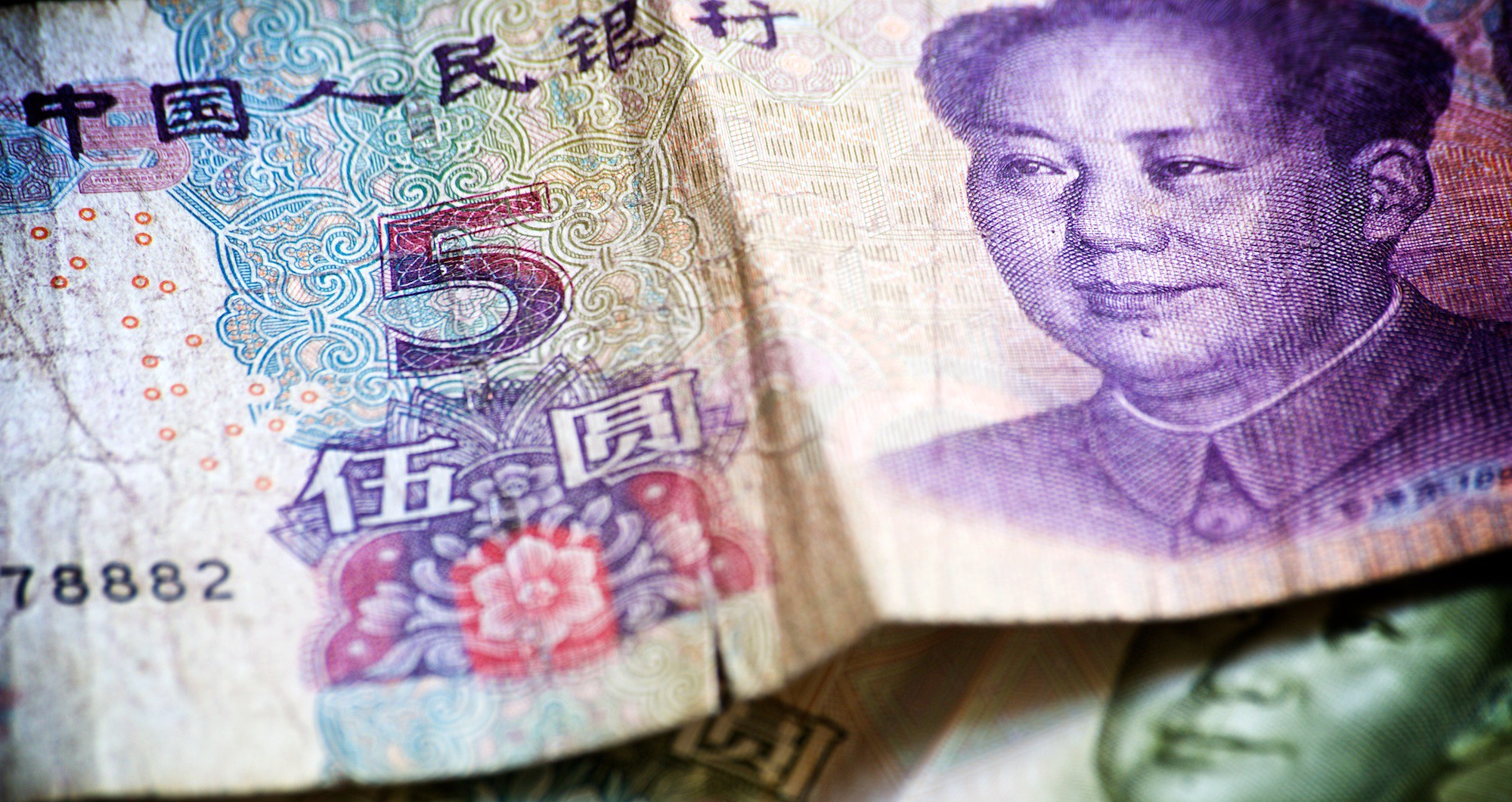BEIJING (Parliament Politics Magazine) – The Chinese yuan has fallen to new record lows against the rising US dollar.
The yuan, which is traded worldwide, dropped to its lowest level since statistics started to be made accessible in 2011.
The value of the domestic currency in China fell to its lowest level since the world financial crisis of 2008.
After the US central bank again raised interest rates earlier this month, the dollar has been strengthening against a number of other major currencies.
Major stock market indices across Asia experienced a steep decline on Wednesday.
The benchmark Nikkei index of Japan closed 1.5% lower, and the Kospi index of South Korea closed down at 2.4%. The Hang Seng of Hong Kong fell 2.8%.
By increasing the cost of betting against the yuan, China’s central bank has been attempting to stop the currency’s decline. The amount of foreign currency that banks must hold was also reduced by the People’s Bank of China (PBOC).
The dollar is viewed by many investors as a secure investment to make when times are troubling.
That has aided in raising its value in contrast to other currencies, the British pound among them, which on Monday hit an all-time low against the dollar.
Another currency that has weakened as a result of the strong dollar is the yuan.
As a result of domestic economic problems, China and the United States are responding in quite different ways.
The US Federal Reserve is aggressively moving in the opposite direction as it attempts to contain inflation by rising interest rates, while the PBOC has been lowering interest rates to stimulate growth in an economy devastated by COVID lockdowns.
According to Joseph Capurso, head of international and sustainable economics at the Commonwealth Bank of Australia, such a gap is not entirely troubling.
He said the decline in the value of the currency could actually benefit Chinese exporters by making their products more affordable and thus increasing demand.
However, Mr. Capurso noted that since exports now only account for 20% of the Chinese economy, the country still faces a serious domestic weakness that is partly brought on by its zero-Covid strategy and the real estate crisis.
The Communist Party Congress is coming up next month. Its president Xi Jinping is anticipated to secure an unparalleled third term in office. In this case, Chinese officials will want to avoid a weaker currency that could cause investors to withdraw their money from the country and uncertainty in financial markets.
The South Korean won, the Australian and Singapore dollars, and other currencies of developed economies in the region have all suffered due to the yuan’s decline.
The yen fell against the dollar last week, and the Bank of Japan interfered to strengthen it for the first time since 1998.
Asia’s emerging economies are also at risk since they supply China’s manufacturers with raw materials and components, making them more and more reliant on the yuan.
China has been charged by Washington with deliberately weakening its currency to keep imports from the US expensive and exports cheap.
The strong dollar has shook international markets, but the Fed is unlikely to stop raising interest rates despite this.
Dimitri Zabelin of the foreign policy think-tank at the London School of Economics stated that the strong dollar was working for the US market.
It will be taken into account, but it won’t be as important as domestic inflation concerns.






